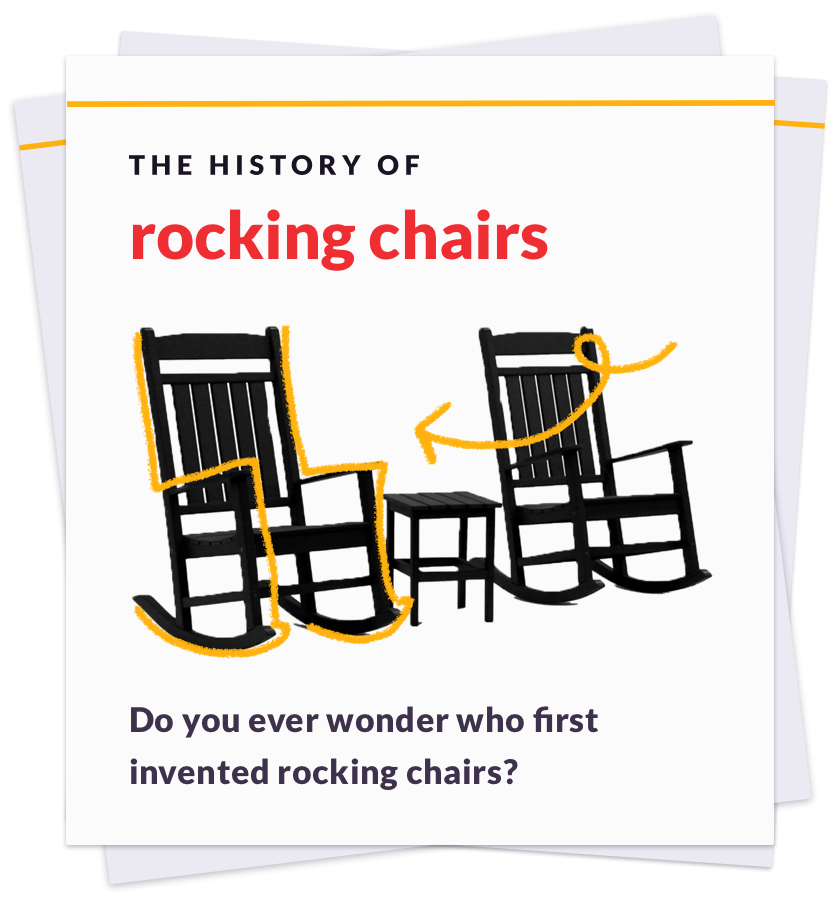Professor Evan Friss, author of The Bookshop: A History of the American Bookstore, credits Ben Franklin as America’s first true bookseller. In fact, the first novel printed in America — Samuel Richardson’s Pamela — was printed by Franklin himself. His roles as a writer, printer, publisher, seller, and tastemaker helped bolster reading during the Colonial period and in early America, and, in fact, the increased reading of works such as Thomas Paine’s Common Sense is often said to have helped lay the groundwork for the American Revolution. Books and publications continued to find a market in the United States as the fledgling country grew. In 1828, The Old Corner Bookshop opened in Boston. When James T. Fields and William D. Ticknor got involved with the shop, it flourished, and the two men worked together to publish classics like Nathaniel Hawthorne’s The Scarlet Letter as well as The Atlantic Monthly. Many famous authors also shopped and gathered there, including Hawthorne himself. Over the next century, additional famous bookstores opened, including Marshall Fields in Chicago and The Strand in New York City. Specialty bookshops also popped up in cities all around the country, each catering to a specific population, such as stores carrying Black literature, Latino literature, and books focused on the LGBTQ+ experience. Many independent bookstores functioned as community centers. Corporate bookstores like Barnes & Noble and Borders Books got their start in the late 20th century and evolved into superstores that often threatened smaller shops, but the biggest blow to independent bookstores would come from Amazon, which began as an online bookseller in the mid-1990s. Although large brick-and-mortar retailers like Barnes & Noble and online retailers like Amazon are now immensely popular, small American bookstores are still part of the landscape today. While some of these bookshops may be struggling and most have small profit margins, in many communities, there has been a resurgence of interest in independent bookshops as many consumers wish to shop locally, so even in the digital age, bookstores continue play an important role in America.

Your go-to guide for weird history facts
Subscribe to the FREE daily email that makes learning about history fun.


